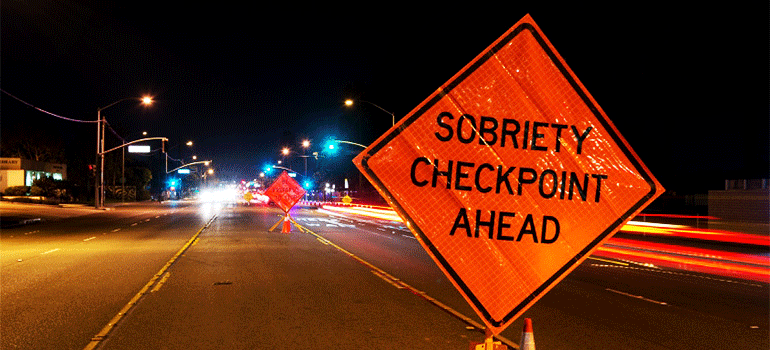
Black and Hispanic drinkers are more likely to overestimate how much they can safely drink two hours before driving, a new and innovative study examining impairment limits found. The study, to be published on line ahead of print in the American Journal of Public Health, determined that, on average and controlling for other factors such as weight, education and drinking history, self-reported impairment thresholds (number of standard drinks one could drink in 2 hours before driving without being impaired) were 30% higher for Black drinkers and 26% higher for Hispanic drinkers than for White drinking drivers. Further, 28% of Black drinkers and 31% of Hispanic drinkers reported 5 or more drinks can be consumed in two hours without their becoming too impaired to get behind the wheel compared to 12% of White drinkers.
“Our findings that Black and Hispanic drinkers report being able to consume about 30% more alcohol than White drinkers with similar characteristics before they would consider themselves too impaired to drive applied to men and women, heavy drinkers and light drinkers and those who reported driving while impaired and those who did not, suggesting a broad cultural difference,” said lead researcher, William Kerr, Associate Director of the National Alcohol Research Center funded by NIAAA and Senior Scientist at the Alcohol Research Group, a program of the Public Health Institute. “This suggests that lower rates of self-reported DUI by these groups may be partly due to this difference in the amounts the groups believe it safe to consume before driving and provides a potential target for intervention efforts.”
The Centers of Disease Control (CDC) states that even one drink will impair your ability to drive and put you at risk. The US Standard Drink was used in this study which contains approximately 14 grams of ethanol. Five drinks within 2 hours would result in a BAC of 0.08 or higher for most people.
Kerr said the results suggest that people who design public health campaigns aimed at tackling drinking and driving should take into account these cultural differences and how people think about their limits. He also calls for further studies to investigate differences in how racial/ethnic groups understand alcohol impairment and driving risks.
Using data from the National Alcohol Surveys conducted in 2000, 2005 and 2010, the study looked at over 7,000 people from across the United States and their self-reported responses to questions on past drinking and driving behavior.
For editors:
Support for this paper was provided by a Center grant from the National Institute on Alcohol Abuse and Alcoholism (NIAAA).
Kerr WC, Greenfield TK. (2015) Racial/ethnic disparities in the self-reported number of drinks in 2 hours before driving becomes impaired. Am J Public Health. Abstract or Full Text.
Media seeking interviews with lead author Dr. William Kerr may contact him at the Alcohol Research Group, a program of the Public Health Institute, by email (wkerr@arg.org) or telephone (510-597-3440).





